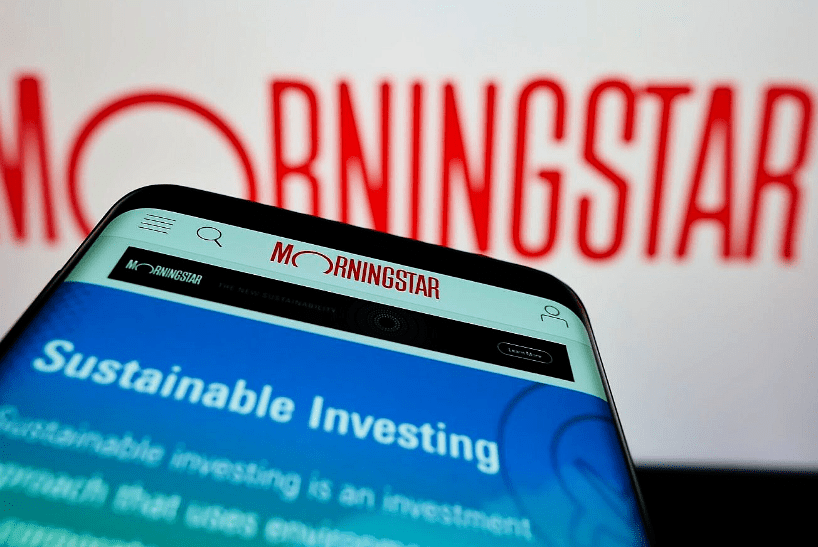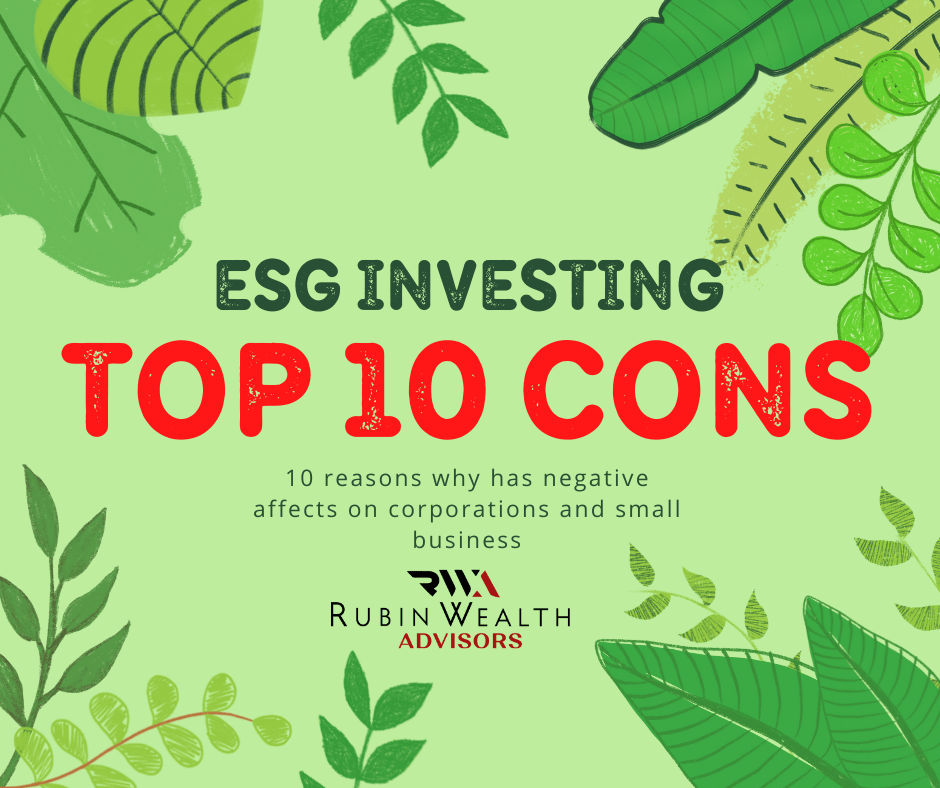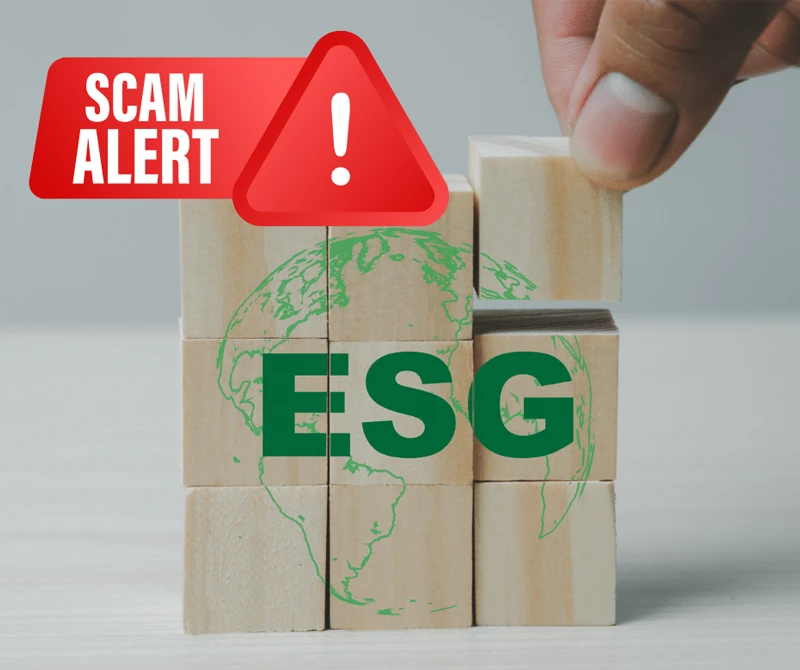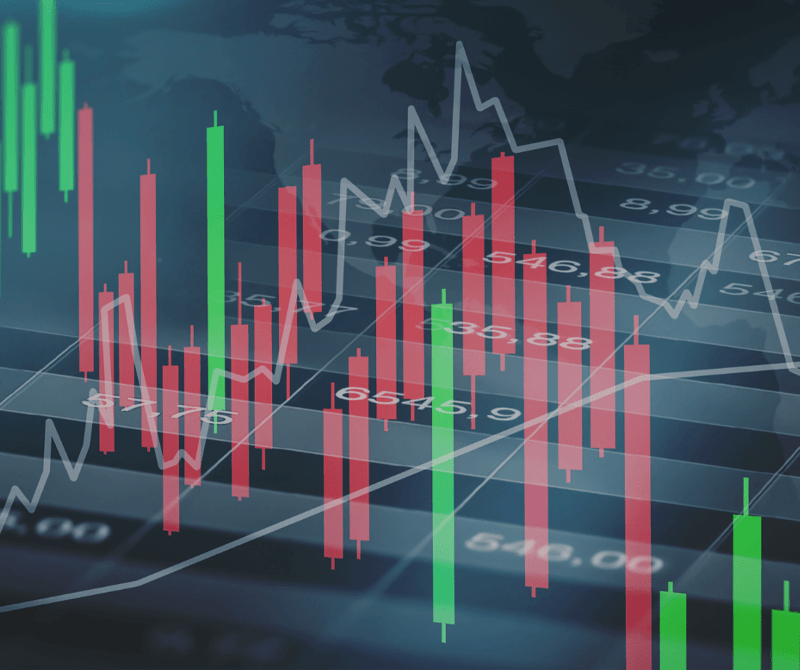The pushback against ESG has come.
/in Uncategorized /by Chris Linscomb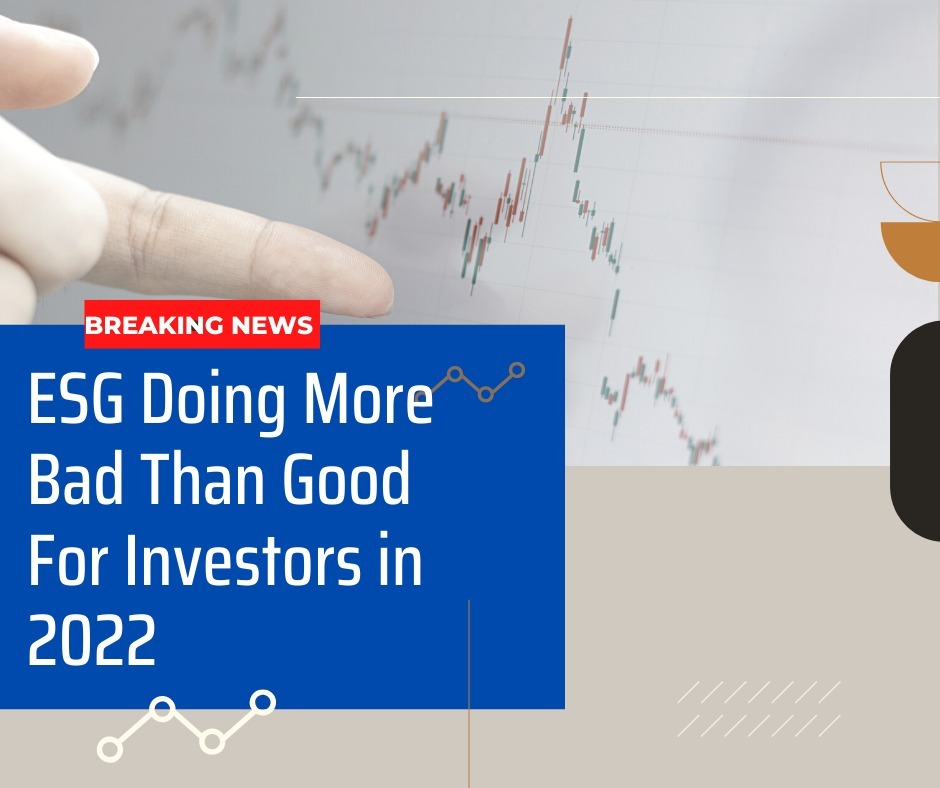
The ESG trend was once the rage in investing but is now under fire. Politicians and regulators are interested in the ESG label. Some want it to be more clearly defined, while others want to ban it altogether.
Not too long ago, ESG was seen as the way of the future when it came to investing. From $70 billion to $296 billion, sustainable and exchange-traded funds have tripled in the U.S. since 2017.
In 2021, ESG funds held $2.7T around the world. But, again, BlackRock, the most significant asset manager in the world, has set the pace.
But now the pushback is here. Politicians and investors against ESG say it hurts local businesses, doesn’t give good returns, isn’t transparent, and undermines democracy. The SEC is also looking at ESG funds to stop “greenwashing.”
Republicans are at the front of the pushback. They say that CEOs of companies are forced to make decisions that go against what they think is best to keep the ESG label.
They say the label started because blue-zone states like California and New York followed ESG guidelines when investing most of their pension funds. So maybe it’s time for red-zone states to fight back, say, Republicans.
So far this year, 17 states run by the Republican Party have introduced at least 44 bills to punish companies that adopt ESG-friendly policies, especially financial companies that offer ESG funds.
Recently, Florida Gov. Ron DeSantis told the state pension fund managers that they couldn’t use ESG criteria to choose investments.
Glenn Hegar, the comptroller of Texas, put ten major financial firms, like BlackRock and Credit Suisse, on a “blocklist” for “boycotting energy companies.” Likewise, West Virginia broke ties with some companies, saying their environmental, social, and governance (ESG) efforts hurt the coal industry.
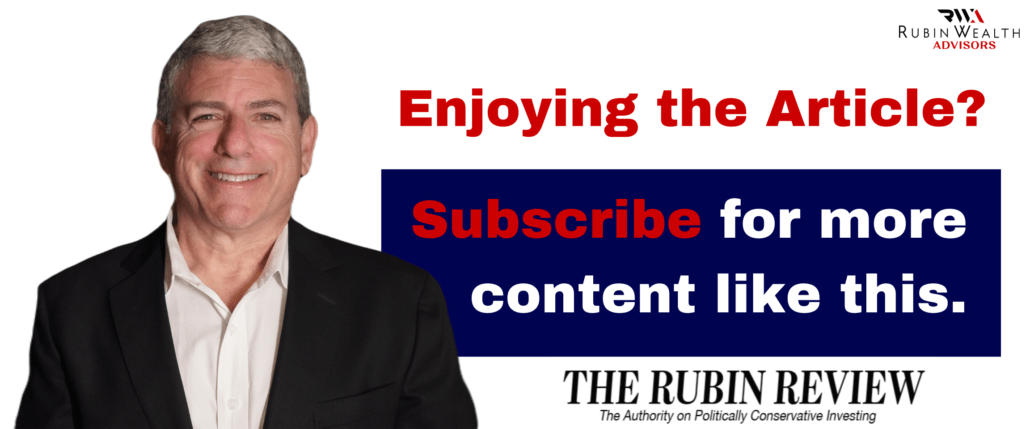
Even “anti-woke” ETFs have been created in response. The largest is the U.S. Energy ETF (DRLL) from Strive Asset Management. It has raised more than $315 million in less than a month, mostly from small investors.
Vivek Ramaswamy, the executive chair of Strive and an entrepreneur, is a vocal critic of ESG. He says that if ESG didn’t limit U.S. energy stocks, their value would double or triple over the next two years.
With Europe having to ration energy this winter, many people agree that there are better times to lower energy prices, which would stop people from investing in energy.
Those on the left are also attacking ESG funds. Progressives say that many of these ESG funds only do little to support socially responsible goals. Instead, they try to make money from investors who want the “feel-good” label. Evidence? The most significant ESG funds, like the US ESG Aware ETF (ESGU) from iShares, have similar weights for about 90% of the S&P 500. Their performance is also very similar to that of SPY.
That’s a low standard. But that doesn’t stop these ETFs from charging much money to be an “ESG investor.”
On average, the fees for ESG ETFs are 43% higher than those for other ETFs. For example, BlackRock’s ESG Aware fund has five times higher prices than its Core S&P 500 fund.
The same things are said about rating agencies, which also get a lot of money from this considerable fee stream. About 160 providers make ESG rating data and sell it. By far, MSCI is the most used.
Bloomberg Intelligence says that 60% of the money individual investors have put into ESG funds worldwide has gone into funds made with MSCI’s ratings. UBS Group AG says that 40% of all these fees go straight to MSCI. So MSCI has made much money from the recent rush of investors into ESG. From 2019 to 2021, its price went up, but it has been going down for a while now.
Let’s use MSCI to take a different look at our “low bar” point about ESG. The iShares ESGU fund has a AAA rating from MSCI. Not a big surprise. But SPY also has a AAA rating from MSCI! What’s up?
Sure, the drop of 5% of large caps and the underweighting of a more significant number of companies mean a big deal.
This is what keeps conservatives going. But it’s also a letdown for progressives, who may have thought that these funds would change capitalism for the better. At the same time, rating agencies like MSCI make a lot of money by selling their ratings to funds, which investors pay for. And that makes everyone mad.
In short, there is criticism from everywhere.
So, what exactly is ESG? No one knows, and that’s the thing. What is ESG, exactly? Nobody knows, and that’s the problem. Investing in ESG factors was first introduced in the 2004 United Nations.
When you read this report, you will encounter a simple definition puzzle. At times, ESG is about how companies do things that are good for the world, like reducing carbon emissions, ensuring workers don’t get hurt on the job, or helping their local communities, but likely at a high cost to the companies. In other words, ESG entails practices in the firm’s interests over time.
Which one is it? This is the beginning of the straddle. On the one hand, most retail investors (and politicians from blue states) who buy ESG do so because they want to save the world.
They want strong policies, not just wise advice for CEOs about how to look out for their interests. But on the other hand, rating agencies know they can’t tell pension portfolio managers to ignore their fiduciary duty to investors.
It might look like there’s no way around this. But there’s a way out. What if we look at a company’s self-interest over the next 20 or 30 years? (When defending its most vague ESG rating criteria, BlackRock emphasizes the word “long term.”)
It’s okay if CEOs of companies and experts hired by rating agencies don’t know what the world will be like in 2050. But, also, think about this: Laws and rules that haven’t been made yet will be among the risks of that future world. The original U.N. document discusses “increasing pressure from civil society to improve performance, transparency, and accountability, which can lead to reputational risks if not handled properly.
“Here’s the bottom line. By saying that laws and rules that will be in place tomorrow are a risk to a company’s reputation today, ESG raters say they know how our democracy will decide on all these issues in the future.
CEOs follow ESG guidelines despite not agreeing with the ESG raters about the long-term value of their companies, but to avoid reputational risk. In this way, the ratings are self-reinforcing in a strange way. They don’t need a reason.
When CEOs of companies say that adopting ESG standards is in the long-term interests of shareholders, they are telling the truth. But, of course, shareholders lose when there is bad press. But, as Ramaswamy points out, if you follow that thinking, ESG is not much more than “a protection racket.”
Let’s move on to the next problem with a definition. Let’s say we agree with this project as a whole. We want to determine the company’s risks over the next few decades. This includes risks that come from public policy. So how do we even start something so big? How do we know what the world’s dangers will be in 2050? And how do we know which risks investors have already priced in and which they haven’t?
You can’t, is the answer? These choices are made at random. Dow Jones Sustainability Index (DJSI) members Philip Morris (PMI) are on the list since the people who rate companies determined that a company selling 700 billion cigarettes a year was not likely to face regulation.
MSCI has given Coca-Cola a AAA rating because the people who do the ratings think that, while methane emissions are a new health risk, obesity and type 2 diabetes are not.
And since we’re talking about methane, let’s talk about McDonald’s, which puts out a lot of greenhouse gases. As a result of climate change, McDonald’s rating has been upgraded to BBB. However, some utilities that emit much less are graded much more harshly. For example, s&P removed Tesla (TSLA) from its broad ESG index (SPXESUP) in May because of problems in the workplace. This was done even though the company was the world leader in getting drivers to stop using carbon-based fuel. Exxon (XOM) stays on the index, though. Hmm? How do the people who rate compare bad bosses to warmer earth? You can guess just as well as I can.
That’s something else. Why do big energy companies stay on so many ESG indexes if carbon emissions are the biggest problem? The raters like to compare firms to others in the same industry.
So if you’re Exxon and you’re better than Chevron, you get to stay in (CVX). This needs to be clarified. Risk is a risk. So what if that means the whole industry goes down? Why don’t raters have more courage? Simple. They want to keep most companies from all sectors in the ESG index so that their return is similar to that of the whole market. They only go after the last ones standing, probably to put “social pressure” on the industry by making it more competitive.
Even when teams of experts work hard, they often come to very different conclusions about how dangerous something is. So the rating agencies start with the concerns listed in the original U.N. report: environmental, social, and corporate governance issues.
But the ways they measure risks for each of these issues are very different. One study of six rating agencies found that they used 709 additional measures of risk across 64 different categories. All six agencies only used 10 of these metrics.
Not surprisingly, the fact that there is no standard method means that ESG scores are very different depending on who makes them. Credit risk ratings from other agencies agree 99% of the time, but ESG ratings agree just over 50% of the time. S&P Global gave Credit Suisse a terrible 15% score for corporate governance in January. This was a long way behind competitors like JPMorgan and Goldman Sachs. MSCI gave it a rating of A, which is about the same as the other two banks. Refinitiv was the least harsh, giving Credit Suisse an 81% score for governance.
Firms like Credit Suisse, which get a wide range of scores from different agencies, may be told to only talk about the best when they talk to investors or the general public.
Some companies may have fewer choices. And companies that want to be in the top-rated ESG ETFs may have to figure out how to do well on the MSCI index, which is used by most “green” funds now.
Lastly, let’s ignore all the problems with how these ESG ratings are calculated in terms of ideas and how they work in real life. Let’s say we could come up with a good, consistent score. What good would it do for society? That’s hard to answer. It gives big companies a big reason to eliminate “problem” operations.
Energy giants are selling off dirty refineries in the Middle East and Africa. Now, the Iraqi and Nigerian governments are in charge of these refineries. This doesn’t make the world much better. And some companies that have lost value because of the ESG stigma may decide to stay there as long as they don’t have any big plans for new capital expenditures. Many investors will be happy to buy them because the returns will be higher.
The best way to solve this mess is to get rid of ESG. Everything. Not just the “S” and “G,” but also the “E.” Investing in a business is all about making money in the long run. Most of the time, this mission is in the public interest.
When it doesn’t, the government (federal, state, or local, depending on the issue) is there to act in the public’s best interest. If, for example, you want companies to cut carbon emissions to help the people (to get rid of what economists call “negative externalities”), then do everything you can to pass a carbon tax. That’s clear, reasonable, open, and democratic. Everyone can talk about the issue, and then everyone can vote.
ESG, on the other hand, is indirect, doesn’t make sense, is hard to understand, and isn’t democratic at its core. It also messes up our government. Do we want to see different groups of blue and red states fighting over whose pension funds go to whose idea of how the future should be run?
It’s insane. Individual investors are free to think about what they want about where the world is going. And if you think we should be running things differently, you can try to change how we do things now. But if that doesn’t work, don’t force other people to invest the way you want them to.
If you’re more interested in achieving financial gains instead of perpetuating underperforming woke strategies, call Rubin Wealth Management to learn more.
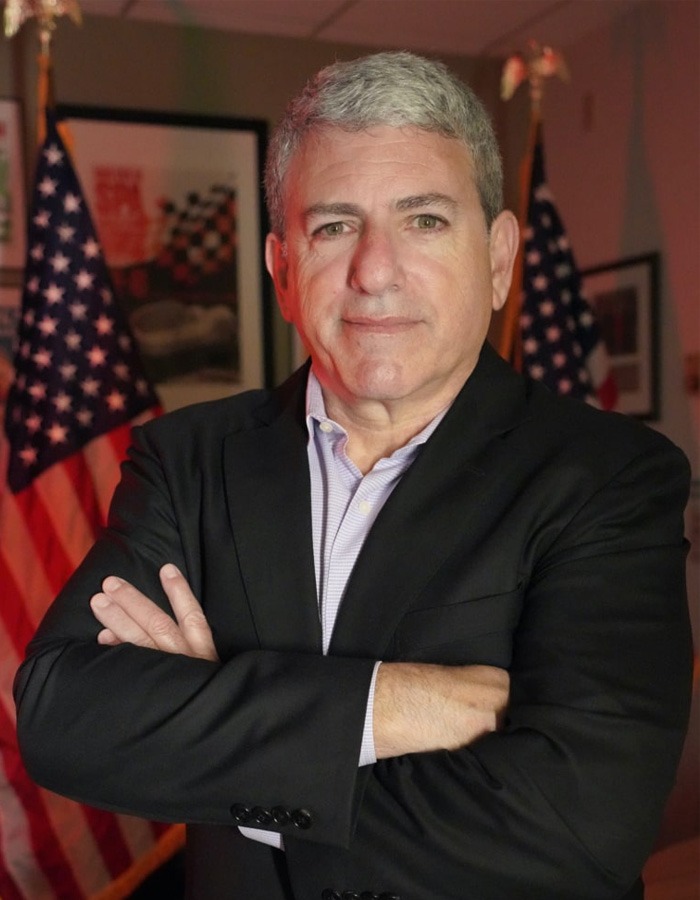
Are you concerned about inflation, ESG compliances, and the 2022 crypto crash?
Your investment portfolio can be affected by any or all of these factors.
Schedule an appointment with Bob Rubin, your dedicated, conservative financial advisor, for a free portfolio analysis today.
Get started by clicking the button below.
Related Articles
No BS… Just straight forward advice
Contact Bob, the Nation’s Predominant
Politically Conservative Financial Advisor Today!

